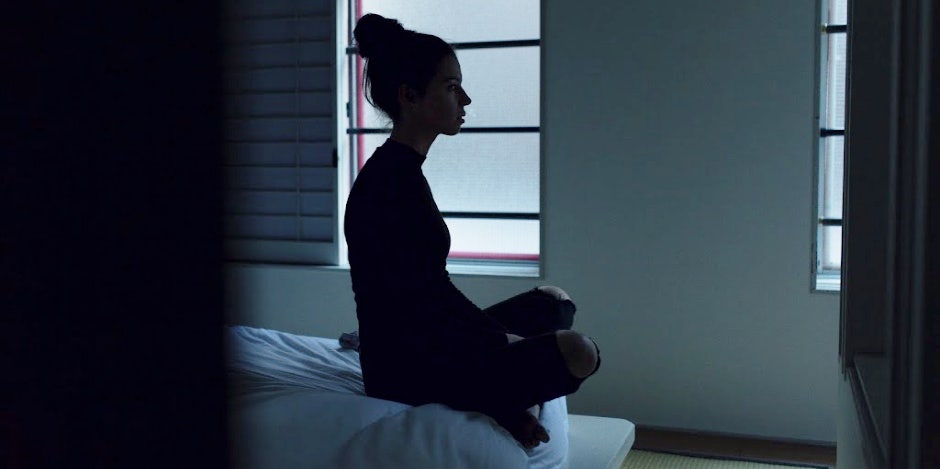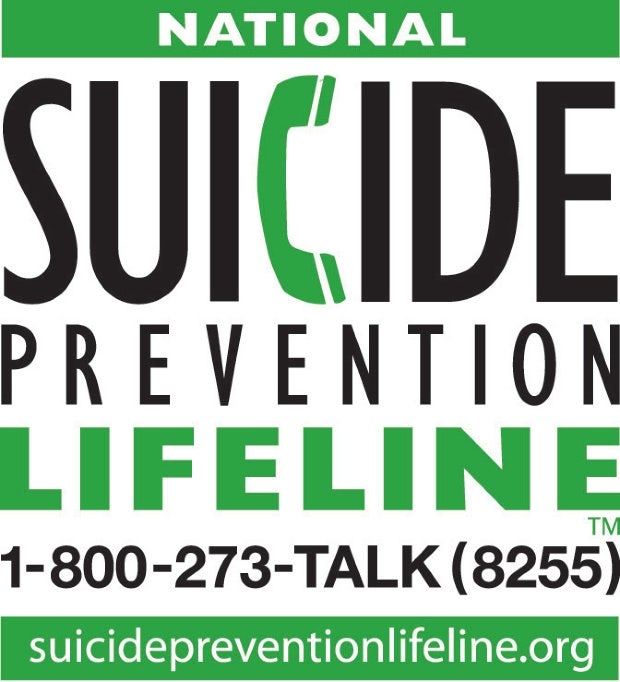How To Stop Suicidal Thoughts While Social Distancing
Help is available and you are not alone, no matter how isolating this time may be.
 Ben Blennerhassett on Unsplash
Ben Blennerhassett on Unsplash I'm glad you found this article. Maybe you stumbled upon it because you were looking for a way out, but I hope that a part of you wants to live despite the dark thoughts you've been having lately.
Giving up can seem so much easier at times. I understand.
At first, you may have been surprised by your suicidal thoughts. Killing yourself goes against everything you believe.
You try to push the thoughts away by distracting yourself. Sleep becomes the best and most trusted friend. When you wake up, you feel numb, unsure of what to think or how to feel. Slowly, the dark thoughts return to the back of your mind, coming strongly at times and then fading away. You realize you are becoming more and more comfortable with the idea. The thought doesn't even scare you at this point. You think about how relieved you might feel if you don't have to deal with everything you are dealing with right now.
Now you feel isolated and alone as fear of the unknown sinks in. You've been in solitary confinement for the most part since social distancing orders went into place. And while you're used to it because you've been isolating yourself for quite some time now, the government imposed isolation and loneliness feel like too much to bear.
There may be many reasons why you feel as though you don't want to live anymore during this pandemic, but I assure you there are more good reasons to stay alive.
You haven't shared any of this with those who love you because you don't know how to start or where to begin, and may you may even think you are beyond help now.
Stay with me here. You don't know what you don't know, but I'm here to tell you: this will pass.
Though your problems right now make things seem hopeless, this is temporary. You will come out of this darkness with proper help.
Here are four ways to stop suicidal thoughts if they arise while social distancing measure remain in place.
1. The first thing and the most important thing is reaching out.
Human connection is vital, and we need it for survival.
If you are afraid to talk to anybody you know honestly, reach out to the volunteers at the National Suicide Prevention Lifeline (1-800-273-8255).

You can also reach out through the Disaster Distress Helpline by calling 1-800-985-5990 or texting "TalkWithUs" to 66746.
(It's worth noting that you do not have to be suicidal to call. Other reasons to reach out include: substance abuse, economic worries, relationships, sexual identity, illness, getting over abuse, depression mental and physical illness, and loneliness.)
Admitting to others that you are suicidal takes courage, but that is the most crucial step you are taking toward living. In doing so, you are showing yourself that you have a will to live. Connecting with others, especially those who love you, will help you realize that you are not alone.
You need to get out of the thought loop that tells you over irrational, inaccurate things.
You are not better off dead. You do matter. There is life to live after this darkness.
Your surmounting problems are temporary. Prove to yourself that a part of you believes in life. By reaching out, you will realize that there is a way out of the suicidal thoughts when you have them.
If you still need convincing, try reading stories of hope written by others who've been where you are now.
2. Keep your environment safe, comfortable and secure.
The second most important thing to do is removing anything that would remind you of your suicidal thoughts.
You have to be honest with yourself here.
Have you been thinking about overdosing on pills? If so, do you have someone in your home that can keep them away from you? Can you at least put them away so that they are not always there for you to see? Get them out of your bedroom and out of sight. What about those sharp objects you see around your house like scissors, knives, and shaving blades; can you tuck them away in drawers and cabinets?
Make a point of removing anything that would remind you of suicidal thoughts. Decide right now that you are moving toward the direction of life.
Don't expose yourself to media, news and other information that could trigger or intensify your suicidal thoughts.
3. Now is the time to call on all of the coping skills and tricks you know and use them.
Do the best you can to use techniques that would make you feel better. Make a list of things you can do instead of thinking about suicide on a piece of paper. You must be ready to fight your suicidal thoughts.
The list of coping strategies must be visible, readily available, and realistic.
Here are some ideas:
- Watch a movie. Be careful with your selections, though. Comedies and lighthearted romance movies are great choices.
- Ccook or bake.
- There are many free online yoga classes being offered right now. YouTube also has libraries of yogis who offer great yoga sessions.
- Take a long shower or bath.
- Reading books can be a great distractor. Choose a book that you can dive into. Start making a list of books you want to read.
- Find inspiring memes on Instagram.
- If local orders allow for you to go outdoors, talk a walk and get some fresh air. Make sure you move your body every day. Exercise until your muscles get tired.
- Make a conscious effort to get out of bed and get dressed each day. Those basics of daily living are easy to let go now, but doing them will take up time, keep you busy and distracted, and will help you maintain some sense of normalcy.
- Eat healthy foods and stay hydrated.
4. Do something to get rid of your suicidal thoughts permanently.
You must commit to getting help so that your suicidal thoughts will stop.
Just because you talked to friends and engaged in your coping activities, that doesn't guarantee suicidal thoughts won't return.
Get help right now. Find a therapist who can help you.
There are many online platforms and apps where you can get help right now, and your local therapists are most likely offering online counseling these days. Contact them directly to set up an appointment.
Above all, know that you are loved and cherished, despite what you may believe now.
Think about the pain and suffering your absence will cause to those who love you very much.
Despite the tough time you are going through right now, you do have a future to live for, and that future can be very different from what you may be expecting in this dark moment.
With the help of a therapist, you can come out of this crisis and create the future you want and deserve.
Aiko Takemura, LCSW, is an expert in relationships, self-improvement, and growth-mindset with experience as a crisis therapist with a Mobile Crisis Team. She has a private practice in Rochester, NY, where she works with clients to create the life they want. Visit her website for more information.
